You Must Know These Legal Issues Before Developing A Mobile App
13 Sep 23 

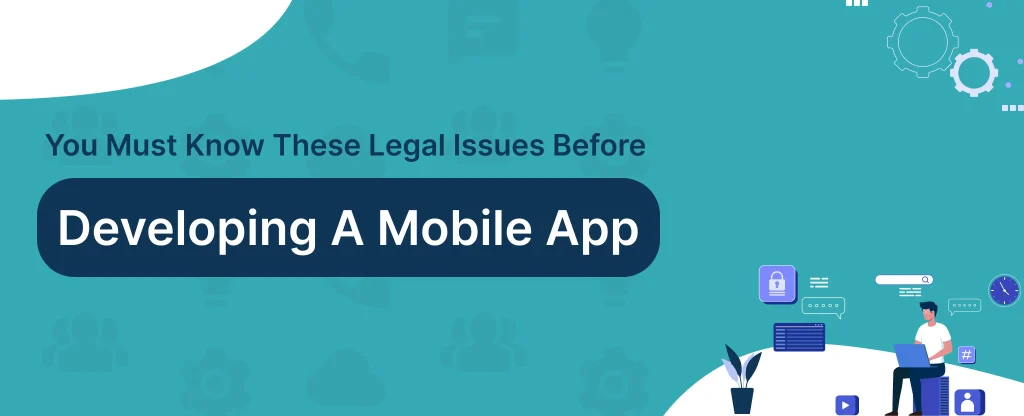
With mobile applications, the world is more accessible than ever in the digital transformation era. They significantly improve practically every part of our lives, whether through entertainment, the capacity to stay fit, music, money management, or trip preparation.
The business mobile app development is staggering; there are a projected 2.09 million apps in the Apple App Store and 3.04 million in the Google Play Store, respectively. Additionally, there is excellent news regarding commercial expansion prospects for organizations that release mobile apps.
Grand View Research projects that between 2020 and 2027, the size of the global mobile app development company will increase at a compound annual growth rate of 11.5%. This is presently estimated to be worth USD 170.52 billion. Small enterprise proprietors must consider legal considerations when developing an app that guarantees the protection of their financial objectives.
We’ll go through the top 5 legal criteria for protecting your business mobile app development concept to help you on your way.
5 Legal Considerations In Mobile App Development
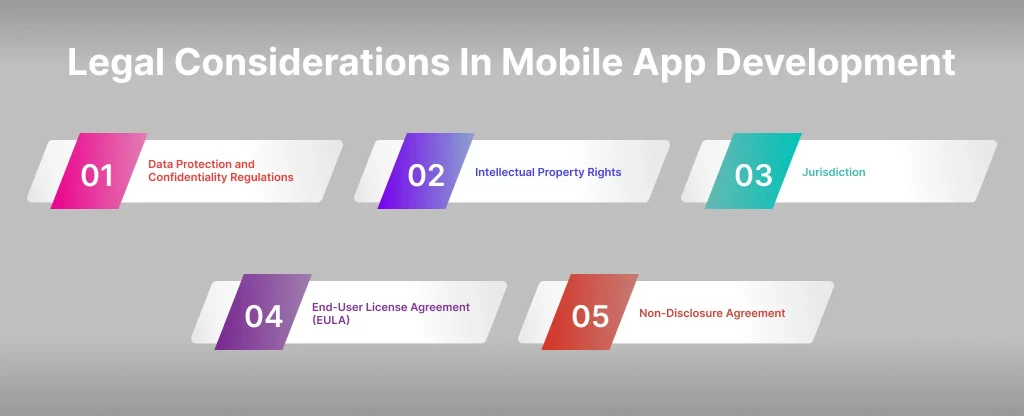
1. Data Protection and Confidentiality Regulations
Legal concerns regarding confidentiality agreements are crucial while developing mobile applications. You must include a confidentiality agreement and be open and honest with customers about what information you can view and why. The business must guarantee that users’ data is safe and protected.
Compared with website data, data collected by mobile apps is far more accurate for target marketing. Therefore, data gathering, storage, and preservation are delicate issues that require care.
Apps are governed by the same rules as websites and other digital enterprises regarding data protection. App developers must choose whether their application gathers information such as names, contact information, locations, and unique IDs.
2. Intellectual Property Rights
Source codes, elements, and contents such as images, texts, music, videos, and other data are all considered a part of a mobile app’s intellectual property. The firm must consider securing its IP rights and reducing the risk of IP infringement while creating and distributing mobile apps.
The three main types of intellectual property classification are copyright, patent, and trademark.
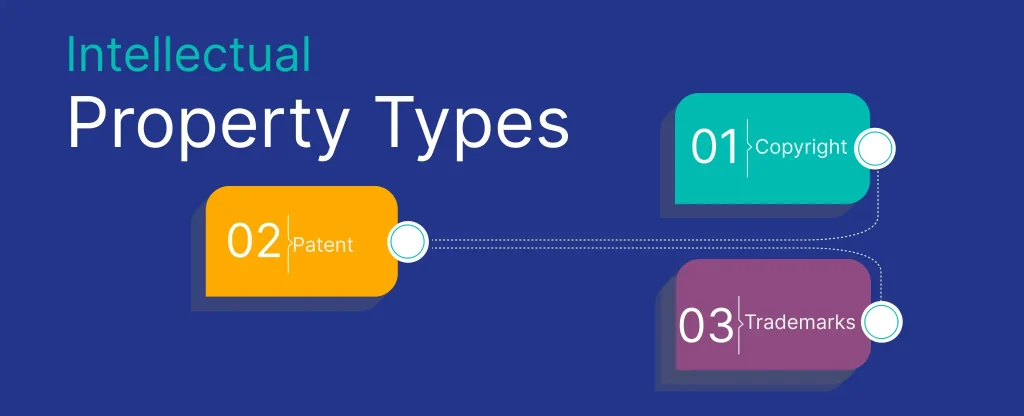
- Copyright: Copyright protects original works against unauthorized duplication or replication. This security often consists of textual material, graphical user interface components, source code, and proprietary pictures.
- Patent: App developers typically does not use patent. This is partly because obtaining one requires a prolonged application procedure that might last years and is costly. A mobile app could have patentable components for specific strategies or techniques that are embedded into the app.
- Trademarks: The name, branding, and motto of the app are all examples of trademarks, which are source identifiers for specific goods or services. Most mobile app development companies often register a minimum of their name as the app’s trademark, as per usual procedure.
3. Jurisdiction
Before promoting and disseminating an app overseas, one must confirm that the app conforms with any applicable local regulations. The Internet’s international character might lead to copyright and trademark concerns in other nations. After all, it wasn’t initially the case with the native government.
Additionally, they need to be aware of any data security and consumer rights regulations that may apply in nations other than their own. A corporation must engage a lawyer to comprehend the fundamentals of other nations’ legal laws if it intends to launch something in a foreign country.
4. End-User License Agreement (EULA)
Your app requires a legally binding contract with its final consumers to safeguard your business’s intellectual property and reduce or entirely eradicate any responsibility. The End-User License Agreement (EULA) is the name given to this contract. Since it is both a copyright license and a contract, executing an EULA will safeguard your intellectual property and financial assets.
It outlines the conditions under which the end user utilizes the application and lists all permitted and prohibited uses. An EULA can also restrict the app developer’s responsibility and guarantee that the consumer will not abuse the app in any manner that endangers or infringes on the developer’s intellectual property (IP) included inside the app.
Since mutual consent is necessary for your EULA to be enforced, as was already said, users of your app must agree to it to use it. Clickwrap and browse wrap agreements are among the most popular and efficient means of acquiring a user’s consent to your EULA.
The most typical agreements are clickwrap agreements in which developers make them clear when the software is downloaded. The user is shown the EULA and must acknowledge reading it and agree to its conditions by selecting the “I Accept” button.
Contrarily, the user presents browse wrap agreements as a hyperlink to the app’s conditions without requiring them to take further action. Browse wrap agreements approve the requirements by simply displaying them to consumers.
Finally, obtaining a contract after download is another approach to making your EULA legally enforceable. Nevertheless, this practice is uncommon since, with paid apps, refunding customers who change their minds after investing might create needless complications.
5. Non-Disclosure Agreement
Non-disclosure agreement is an agreement between two parties that forbids the disclosure of particular information. The three types of NDAs are unilateral, bilateral, and multilateral. Although an NDA agreement for app development cannot promise the company concept has been protected.
Rather it will significantly aid in pursuing legal proceedings against anyone who breaches its terms. Given this situation, signing a non-disclosure agreement for mobile app development is a means to safeguard the concept or reality of outsourcing as a whole.
Wrapping Up
The process of business mobile app development is intricate and diverse. It is crucial to start by considering all its components, including legal considerations. This will help you avoid having to rewrite the software before publishing it because it does not adhere to the regulatory criteria relevant to a specific industry or location.
To reduce your responsibility and succeed, you must appropriately handle the critical legal difficulties that it presents. This should be just like other companies. It is imperative to set up sufficient legal and compliance procedures to minimize the risks of responsibility.
This is associated with infringing on other people’s intellectual property rights, app store contracts, and territorial laws. In light of their success, developers now have an outstanding obligation to be careful. It is not only when coding and debugging but also with the legal aspects of their work. This shows that you must choose the right mobile app development partner.
At Mindster, we always stay abreast of the most recent standards and legislation to enhance the functionality and longevity of our products. We are also constantly aware of legal issues with your apps. Mindster also provide the best mobile app maintenance to customers who approach us.
We craft stunning and intuitive mobile app solutions for small, medium, and large-scale businesses through our expert UI/UX design team. This will help them comprehend the legal ramifications of their app.
- Agentic AI1
- Android Development3
- Artificial Intelligence37
- Classified App3
- Custom App Development5
- Digital Transformation12
- Doctor Appointment Booking App14
- Dropshipping1
- Ecommerce Apps40
- Education Apps2
- Fintech-Apps38
- Fitness App4
- Flutter4
- Flutter Apps20
- Food Delivery App5
- Grocery App Development1
- Grocery Apps3
- Health Care10
- IoT2
- Loyalty Programs11
- Matrimony Apps1
- Microsoft1
- Mobile App Maintenance2
- Mobile Apps131
- On Demand Marketplace1
- Product Engineering6
- Progressive Web Apps1
- React Native Apps2
- Saas Application2
- Shopify9
- Software Development3
- Taxi Booking Apps7
- Truck Booking App5
- UI UX Design8
- Uncategorized7
- Web App Development1









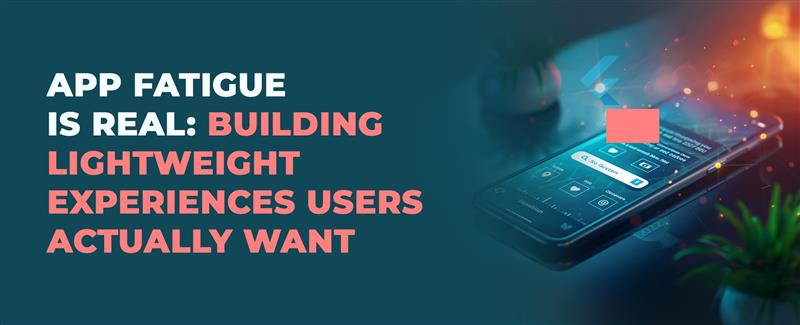
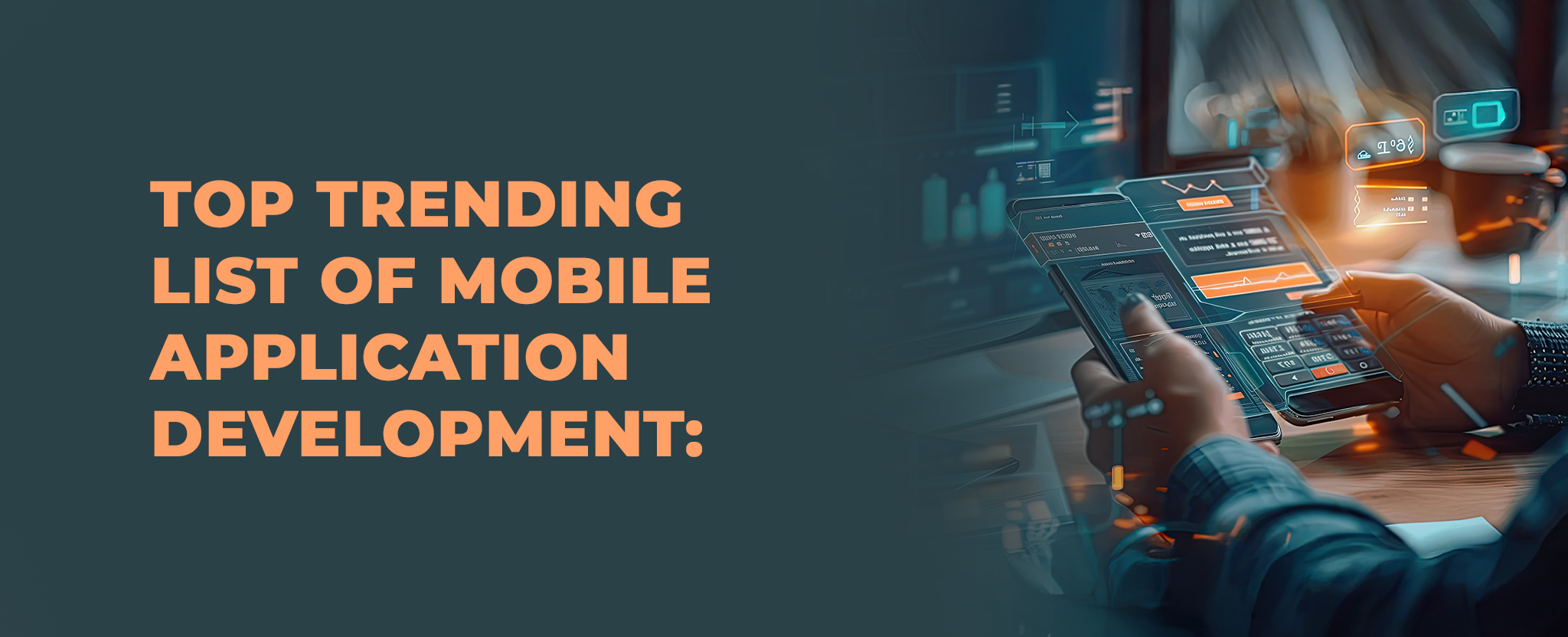
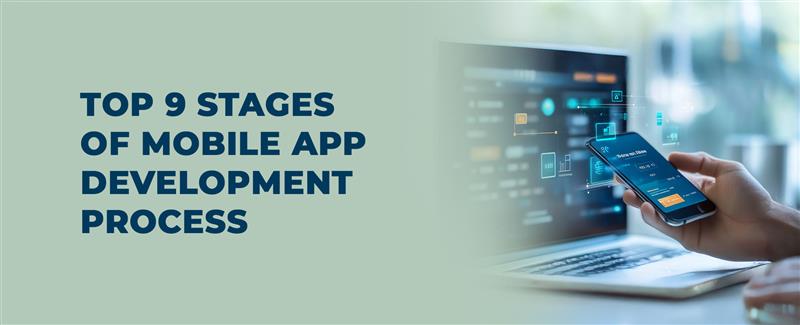
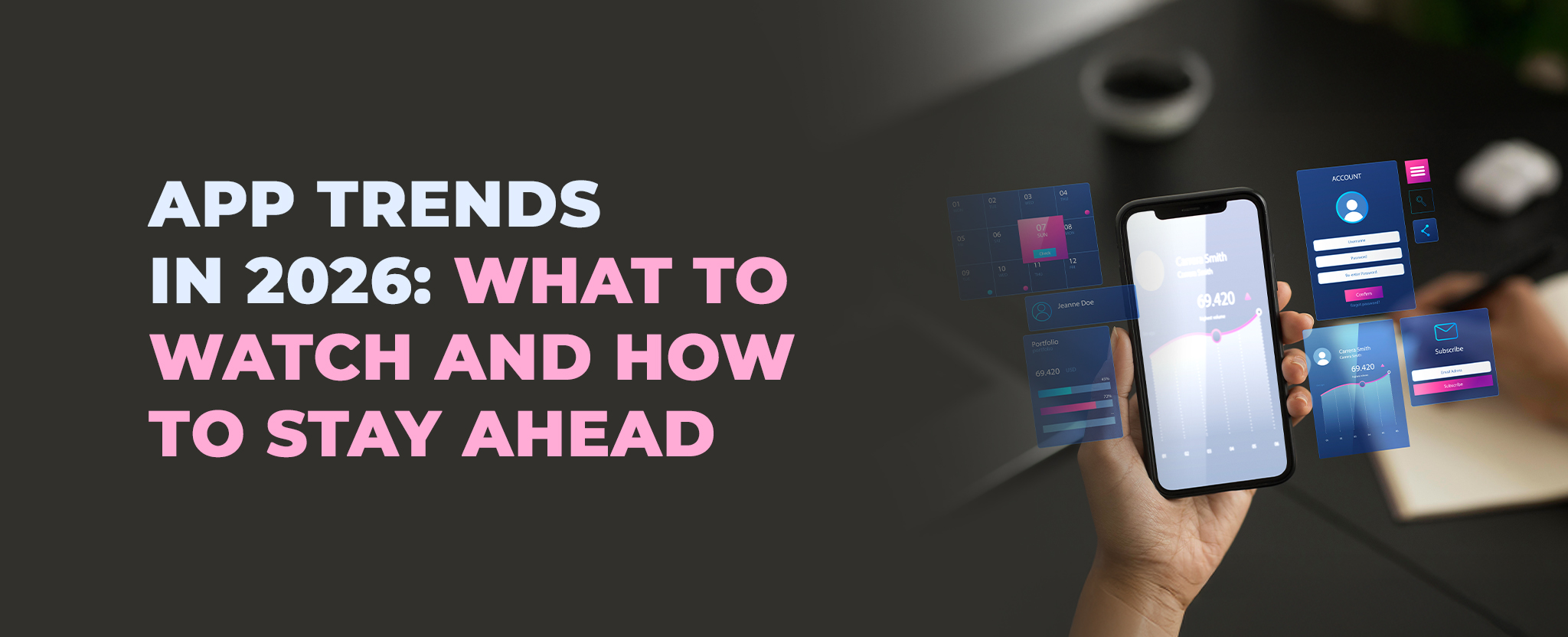






Comments